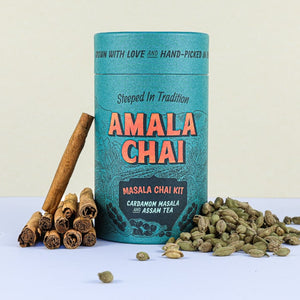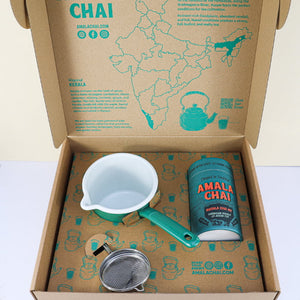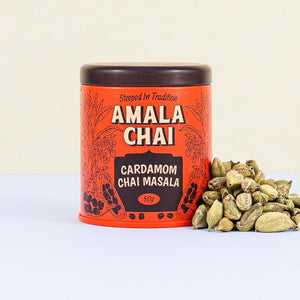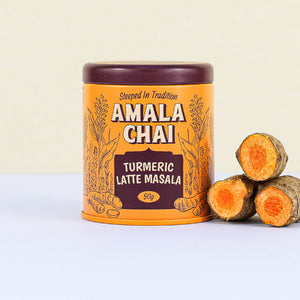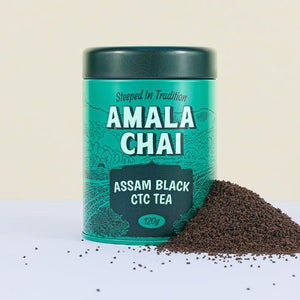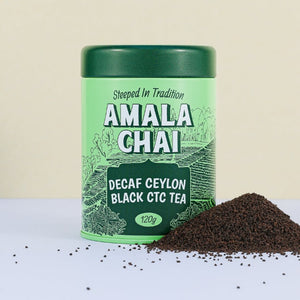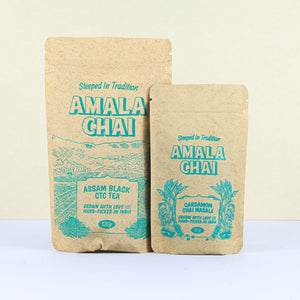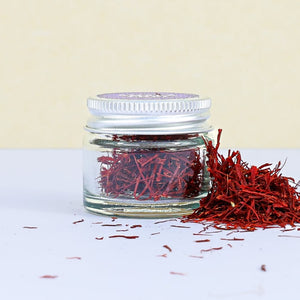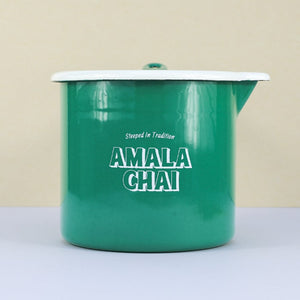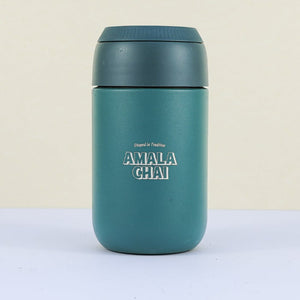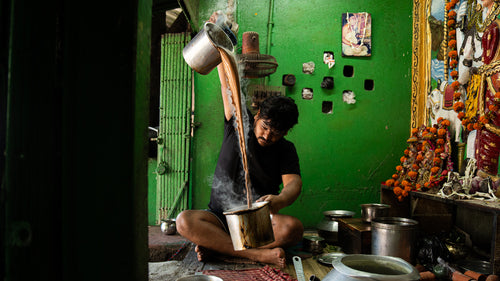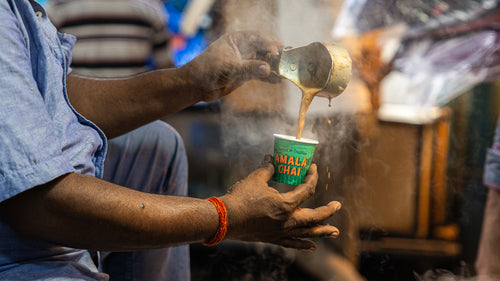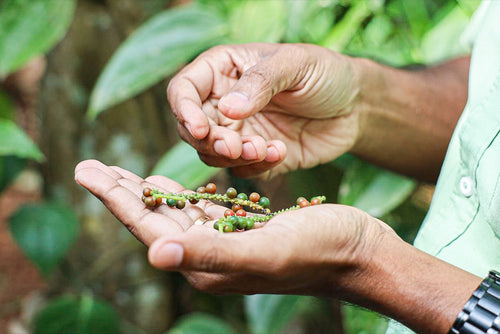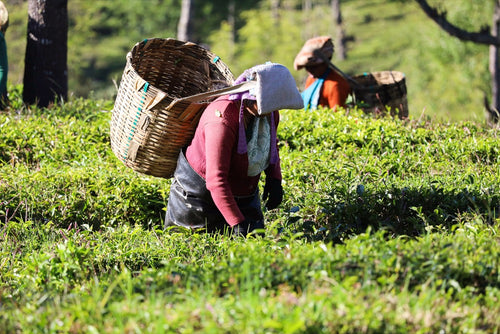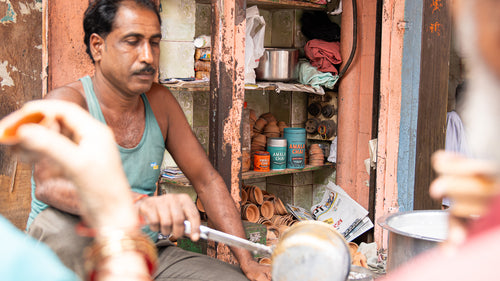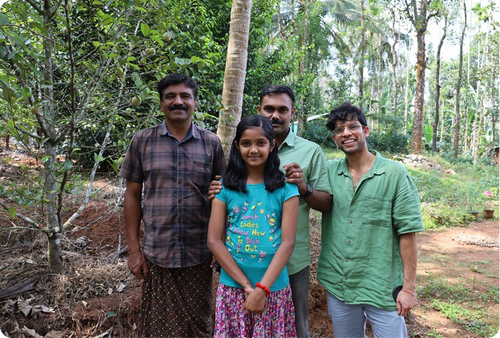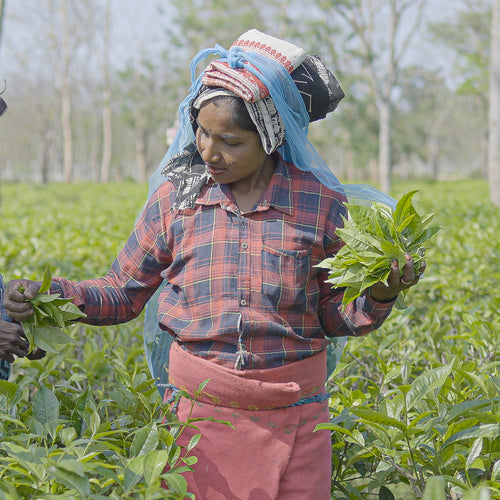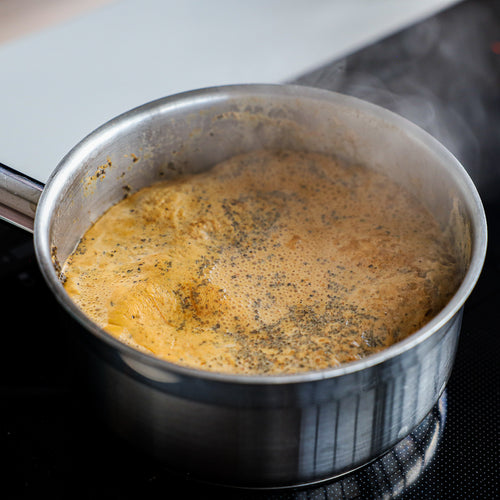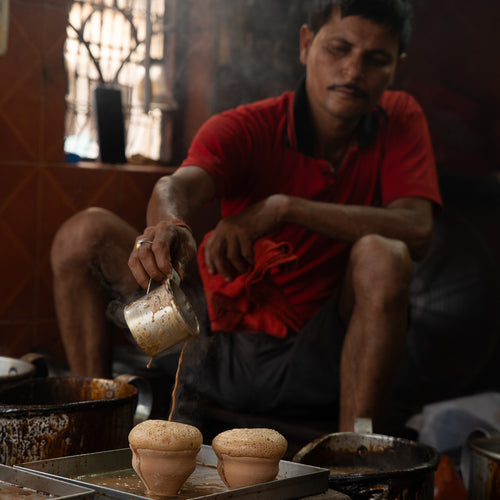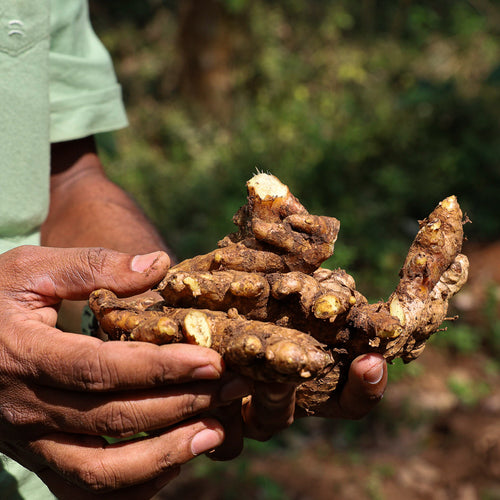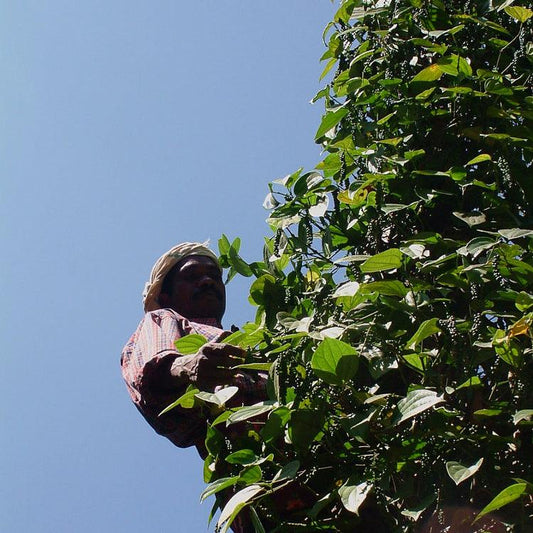An Update From Our Spice Supplier
It’s been a little over a year since we first visited and partnered with our spice suppliers in Kerala.
We still talk almost every day of the wonders of Tommy’s organic farm and the experiences we had there. However, what always shines through was hearing about how their business operates as a cooperative, with many initiatives in place to support local rural farmers, all overseen by the Fair Trade Alliance Kerala.
Tommy’s farm is part of a larger group of rural farmers that make up this cooperative in Wayanad, Kerala, growing everything from coffee to cacao and of course spices.
The cooperative is supported by sales of fair trade and organic goods, alongside external donations to ensure that small scale organic farming is a sustainable occupation for many in the region. This support is often seen through a set of initiatives that are managed by the cooperative.

These initiatives are in place to help combat the effects of pests, climate change, destruction of crops and falling commodity prices, which is leading to huge debts for farmers and in turn a surge in suicides.
As you may know, we’ve pledged 5% of sales from our Cardamom Masala & Assam Tea to help support such initiatives, and we thought it was about time to tell you all a little more about what’s going on!

We recently caught up with Lijin, our main point of contact in Kerala, who talked us through how they have been faring throughout the COVID-19 Pandemic.
Understandably, it has been a tough year but we learnt about some of the latest projects that are happening to support rural farmers throughout this turbulent time.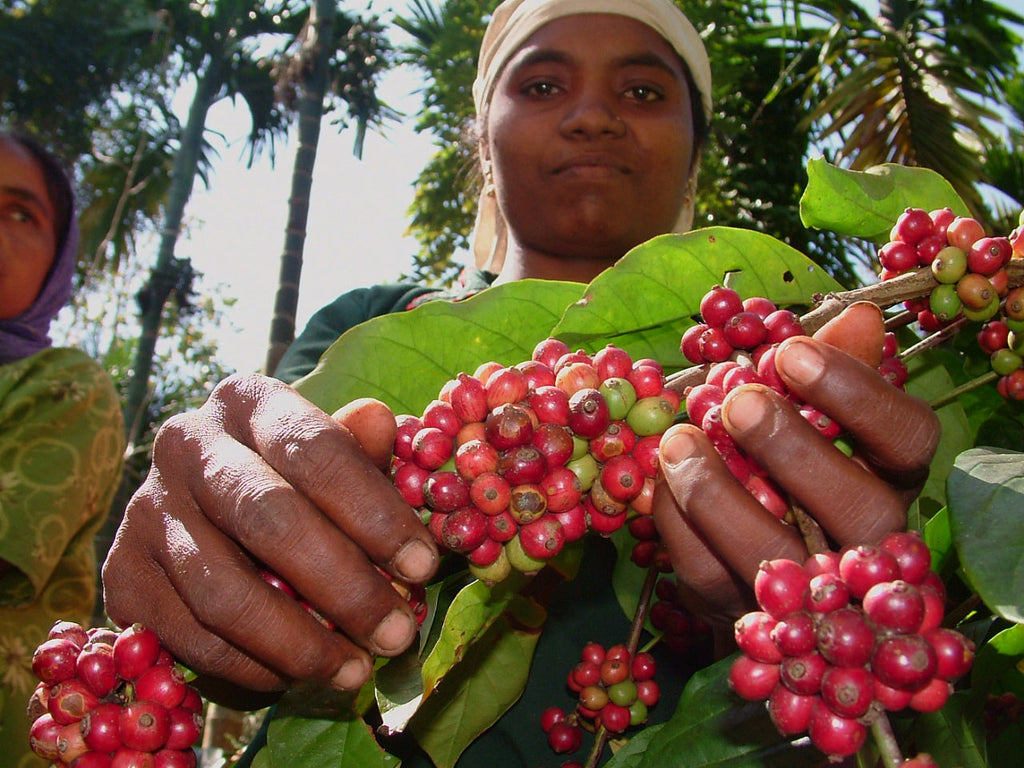
Before the pandemic, fair trade coffee made up a large proportion of the cooperatives revenue, averaging 40-50% in recent years.
Since March 2020, sales have dropped by over 20% due to reduced global demand. Although this has had a drastic initial impact to many in the area, projects are in place to aid the road to recovery. So what’s being done to help?

Hundreds of drying beds are being distributed to tribal farmers In Wayanad, Kerala.
These will largely be used for coffee beans but have other uses such as drying spices! Grassroot initiatives like these may seem small, but over time have huge impacts for the local communities and will help to get many back on their feet.
Alongside this, they’re currently working away on the foundations of an organic manure unit.
This helps to bring new work opportunities and utlises waste on the surrounding farms; cacao shells are a good example as they otherwise don’t have much use. The manure will be distributed throughout the cooperative’s farms as organic fertilisers, farmers will be charged at cost rate. This is especially important as farmers are able to get cheap fertilisers which will help to bring a good yield and thus enhanced economic stability, whilst nurturing the land for future harvests.

On a larger scale, ongoing soil testing projects are also in place throughout Wayanads 4,000 farms.
The cooperative is able to analyse the soil in each farm and suggest if action needs to be taken. This helps farmers to maintain the level of organic matter in their soil, needed for certification and also general protection of organic farm land. This project is hugely time consuming and will continue to tick along in the background.
These 3 initiatives are already having a profound impact for farmers in the region, but most importantly, they are inherently sustainable and will aid both the land and the people that work on it for decades to come.
When we asked Lijin what their immediate plans were, he said; “getting back to normal”. I think this is something we can all relate to with everything that’s been going on in the world, especially here in the UK as restrictions start to ease.
The cooperatives sales have been down 33% from last year so they’ve got a long way to go, but, with the support structure that is in place, they certainly have a fighting chance to get back to normality soon. We’re definitely rooting for them!
If you’d like to know more about the structure of the cooperative and the flow of the donations, please visit our sourcing page here.
